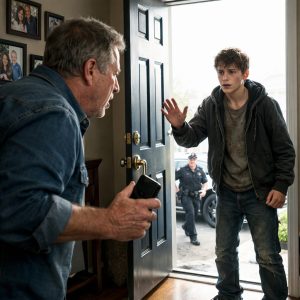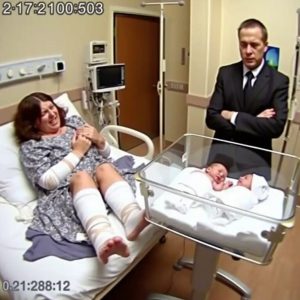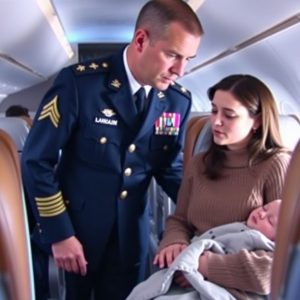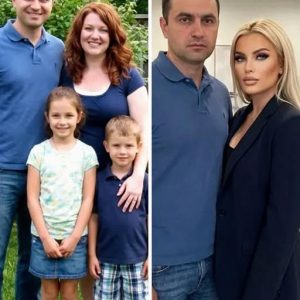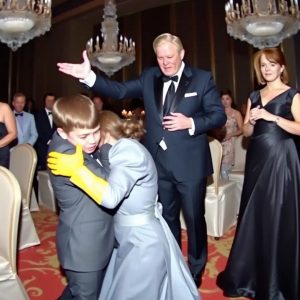The storm rolled in faster than any forecast said it would. By the time I nosed my car into the diner lot, the world was already a quiet, white blur. I wasn’t planning to open—who’d be out in this?—but then I saw the line of eighteen-wheelers idling along the shoulder, yellow headlights cutting through the flurries, men huddled against the wind.
One of them knocked. Frost in his beard, eyes rimmed with road-tired red. “Ma’am, any chance we could get a coffee? Roads are closed. We won’t make the next stop.”
I hesitated. Running the place alone is hard on the best day, and a dozen hungry drivers sounded like a tidal wave. Then I heard my grandmother in my head: when in doubt, feed people. I flipped the deadbolt, flooded the room with light, and waved them in.
They stomped the snow off their boots and slid into booths without a word. I brewed a vat of coffee, then another, and before I knew it I was flipping pancakes and bacon like it was a Saturday rush. The quiet cracked. Laughter took its place. “Angel in an apron,” one of them said, and I pretended my cheeks weren’t hot.
We were strangers, sure, but the night wore down the edges. They took turns napping in booths. One—Roy, broad-shouldered with a soft Tennessee drawl—washed dishes without being asked. Another, Vince, fetched a battered guitar from his rig and picked old country tunes until the coffee pot sighed empty. By morning, the blizzard felt less like a threat and more like an excuse for a reunion none of us knew we needed.
The radio confirmed what we’d guessed: no plows for at least a day. I did a mental inventory and felt my stomach drop. Ten pounds of flour, a few cans, some brisket ends—it would be tight. Roy caught the look on my face.
“You alright, Miss?”“Just figuring out how to stretch biscuits into three days.”
He turned to the room. “Boys, time to earn our keep.”
